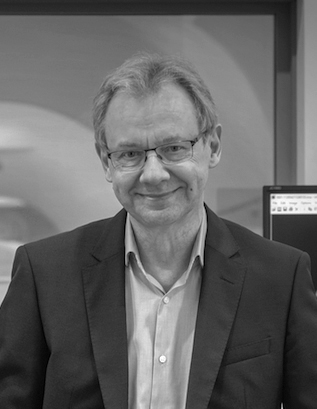Ethics Advisory Board
The Ethics Advisory Board (EAB), appointed by the Executive Board, is composed of leading external researchers with expertise in the field of ethics and governance as it applies to artificial intelligence, robotics, and human and animal research. It helps to ensure that research at SCIoI proceeds with a general ethical awareness, ensures compliance with ethical standards, and clearly addresses ethical responsibilities in its governance. The EAB runs an annual audit of the Cluster’s research activities and is a major pillar of our three-level ethics strategy, which also includes an internal Ethics Responsibility Committee and an Ethics Research Team. All SCIoI research will be conducted in compliance with ethical regulations and will also require approval of other relevant ethics boards of the participating disciplines.








